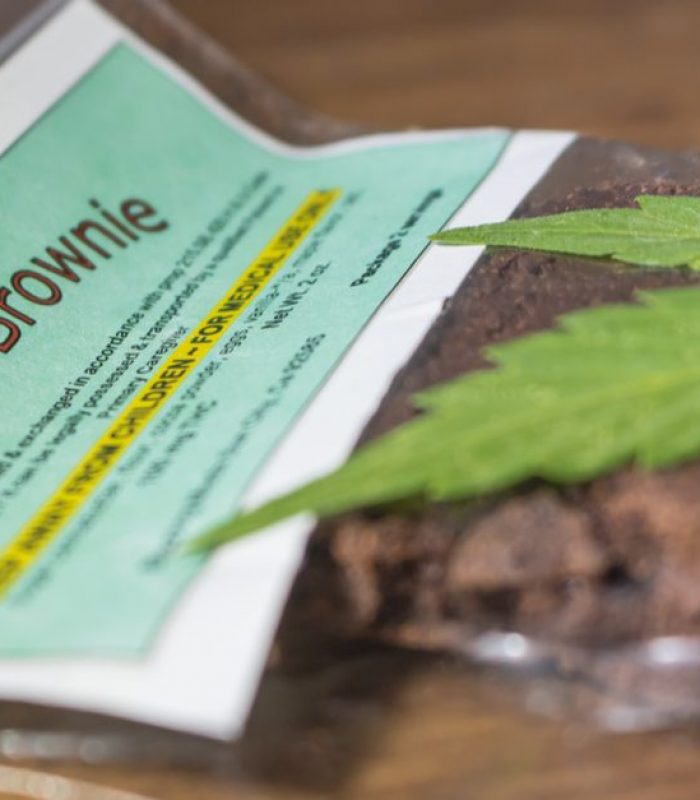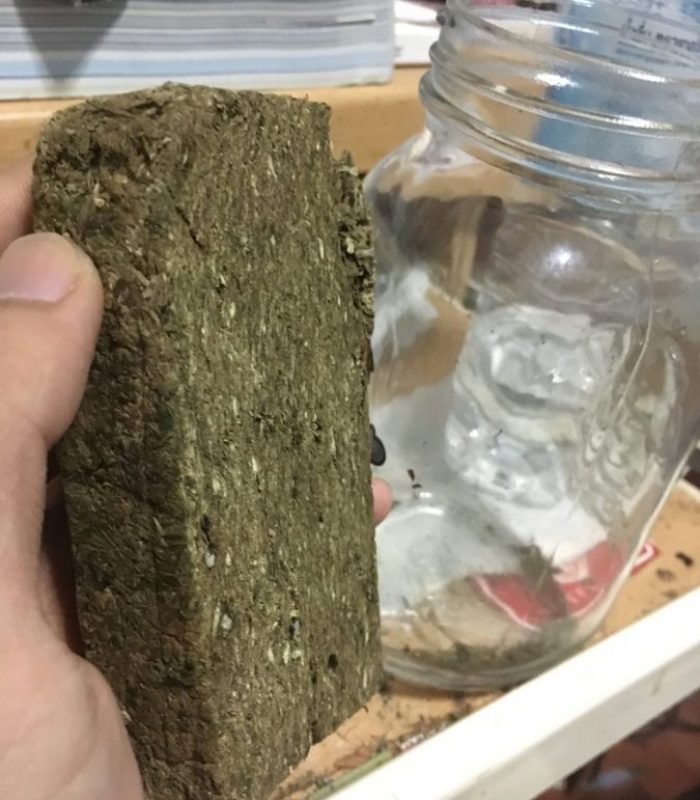Portugal began decriminalization of all drugs two decades ago. This has only brought benefits to the once crime-ridden country.
There is a quiet revolution in the cities and states across the United States, appearing a bit louder in the policies of Baltimore, St. Louis, and Philadelphia. These cities are among a growing number of jurisdictions seeking to decriminalize cannabis and certain drugs. Leading prosecutors from regions around the US have teamed up to take an educational trip to study Portugal decriminalization. Portugal is one of the very few countries in the world with a long history of decriminalization of cannabis and narcotics. This team of US prosecutors hopes to see what policies have worked, and which have not. Then, they can apply these ideas to legislation on their home soil.

A Brief History of Portugal Decriminalization
In 2001, Portugal decriminalized not only cannabis, but all drugs. According to this innovative drug policy, drug possession is a public health concern rather than a public safety concern.
As per a 2017 report in The Guardian: “Rather than being arrested, those caught with a personal supply might be given a warning, a small fine, or told to appear before a local commission – a doctor, a lawyer and a social worker – about treatment, harm reduction, and the support services that were available to them.”
Before 2001, Portugal was in crisis. Close to 10 percent of the population was struggling with drug addiction, crime was out of control, and drug-related diseases (HIV, Hepatitis, etc.) were skyrocketing. No family was left untouched. Portugal’s policy makers took a leap of faith and in doing so, they curtailed their country’s downward spiral into crime, addiction, and disease.
Now, close to two decades afterPortugal’s decriminalization, the proof is in the pudding. Overdose deaths have plummeted, so too have the rates of drug-related infectious diseases. Addicts that were once incarcerated for small possession charges have moved out of the crowded prisons and into treatment. For the US prosecutors visiting Portugal this spring, the drastic drop in the opioid crisis is worth noting.

The Cultural and Political Impetus for Change in the US
Twenty state prosecutors will travel to learn about decriminalization in Portugal and how their techniques could apply back home.
“Elected prosecutors around the country are grappling with how to redefine justice and shrink the footprint of the justice system while making communities safer and healthier,” stated a press release issued by Fair and Justice Prosecution, which has organized and funded the journey overseas.
As the US grapples with overcrowded prisons, justice departments spread thin, and communities near breaking point, these leading prosecutors recognize that it’s time for a change. With federal legalization seeming uncertain, local decriminalization and tolerance policies look more appealing.
There are already several US cities (and states) making small legislative tweaks to help relieve the pressure. Brooklyn declared last year that it would not target low-level cannabis cases. Since then, it has seen a 91 percent decrease in cannabis prosecutions. Baltimore has also announced that it won’t be targeting cannabis possession, but cited unjust historical legislation as the reason.
Now, Philadelphia is considering taking similar steps away from prosecution and towards assistance and rehabilitation. St. Louis is also in transition towards more lenient legislation for low-level drug possession charges. Clearly, there is a political shift happening across the US. Whether the federal government wants to keep up or not, state prosecutors, governors, mayors, and other political authorities are taking the matter into their own hands.

Why this Trip Matters to US Drug Policy
The Drug Enforcement Agency (DEA) remains staunchly opposed to most progressive adjustments to drug scheduling. While there have been several recent hints about changing political opinions, especially regarding cannabis, it’s likely that these changes are still years away. But despite the slow pace of change at the federal level, much more change is feasible at the state-level. Attorney Generals can affect change at a localized level, no matter the conflict with national policies.
In the words of Washington, DC Attorney General Karl Racine: “The enormous power of prosecutors to exercise their discretion in ways that ensure outcomes that enhance public safety and reduce recidivism is unparalleled in the criminal justice system.”
The group’s tour through the prisons, courts, healthcare facilities, and community services of Portugal will bring enlightenment. Officials hope to return to the US with fresh ideas to tackle a nationwide drug dilemma.





